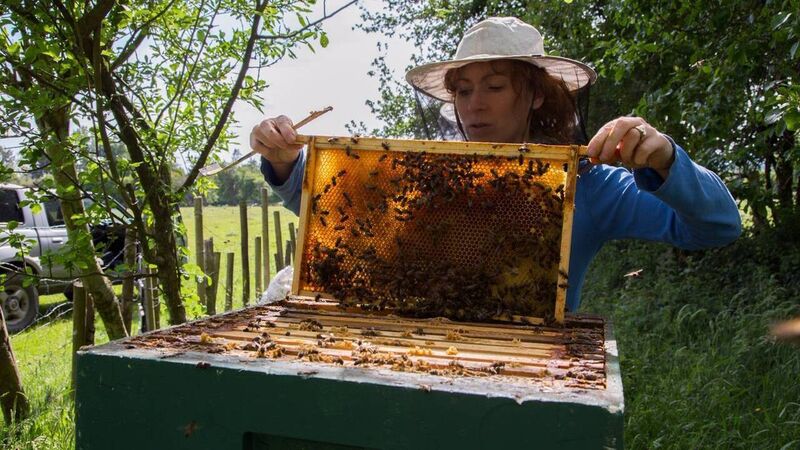Rising sales during Covid proves a sweetener for honey firm

Galtee Honey Farm has 170 hives of honey bees sited in groups called apiaries throughout a 25-mile radius within the Vee Valley.
Galtee Honey Farm is run by Micheál and Aoife Mac Giolla Codas on the edge of Glengarra Wood in the heart of the Galtee Vee Valley where the three counties of Cork, Limerick, and Tipperary meet.
The farm has 170 hives of honey bees sited in groups called apiaries throughout a 25-mile radius within the Valley and this ensures that the bees are collecting honey from a wide variety of flora including sycamore and horse chestnut blossom, dandelion, oilseed rape, hawthorn, blackberry blossom, clover and heather.










